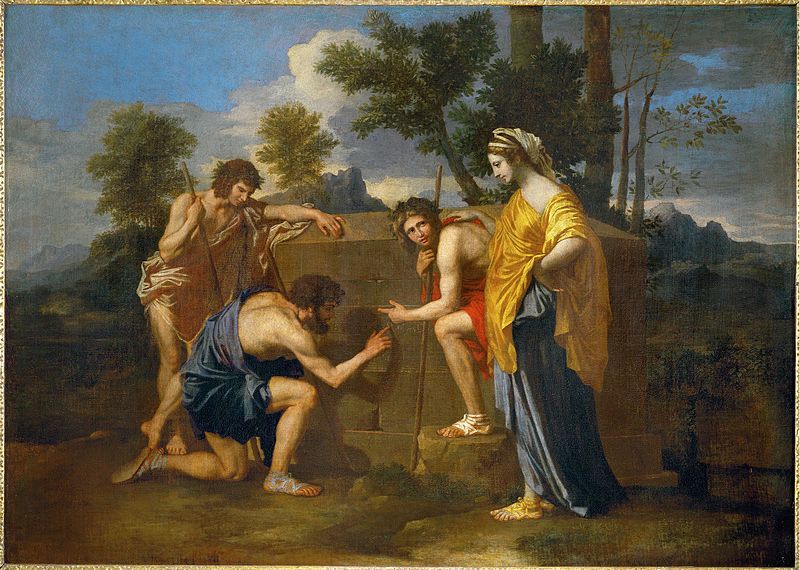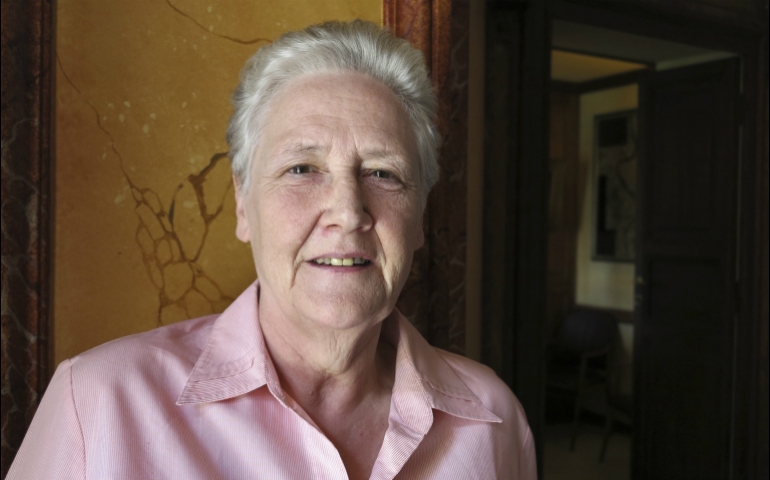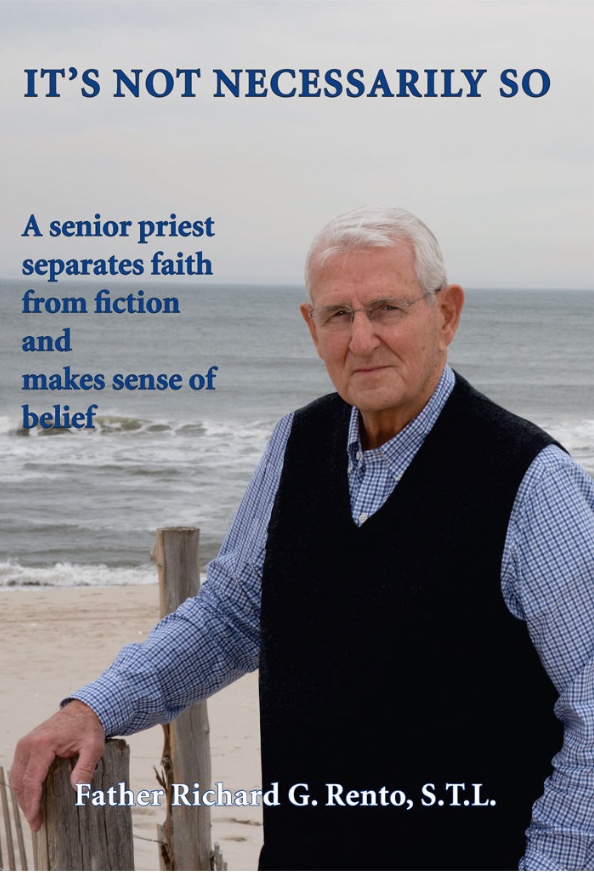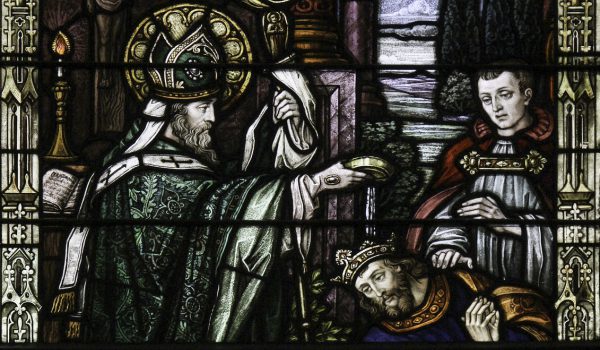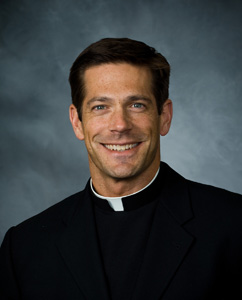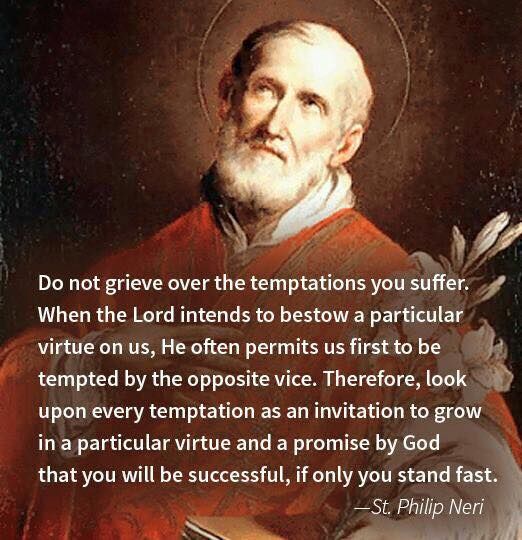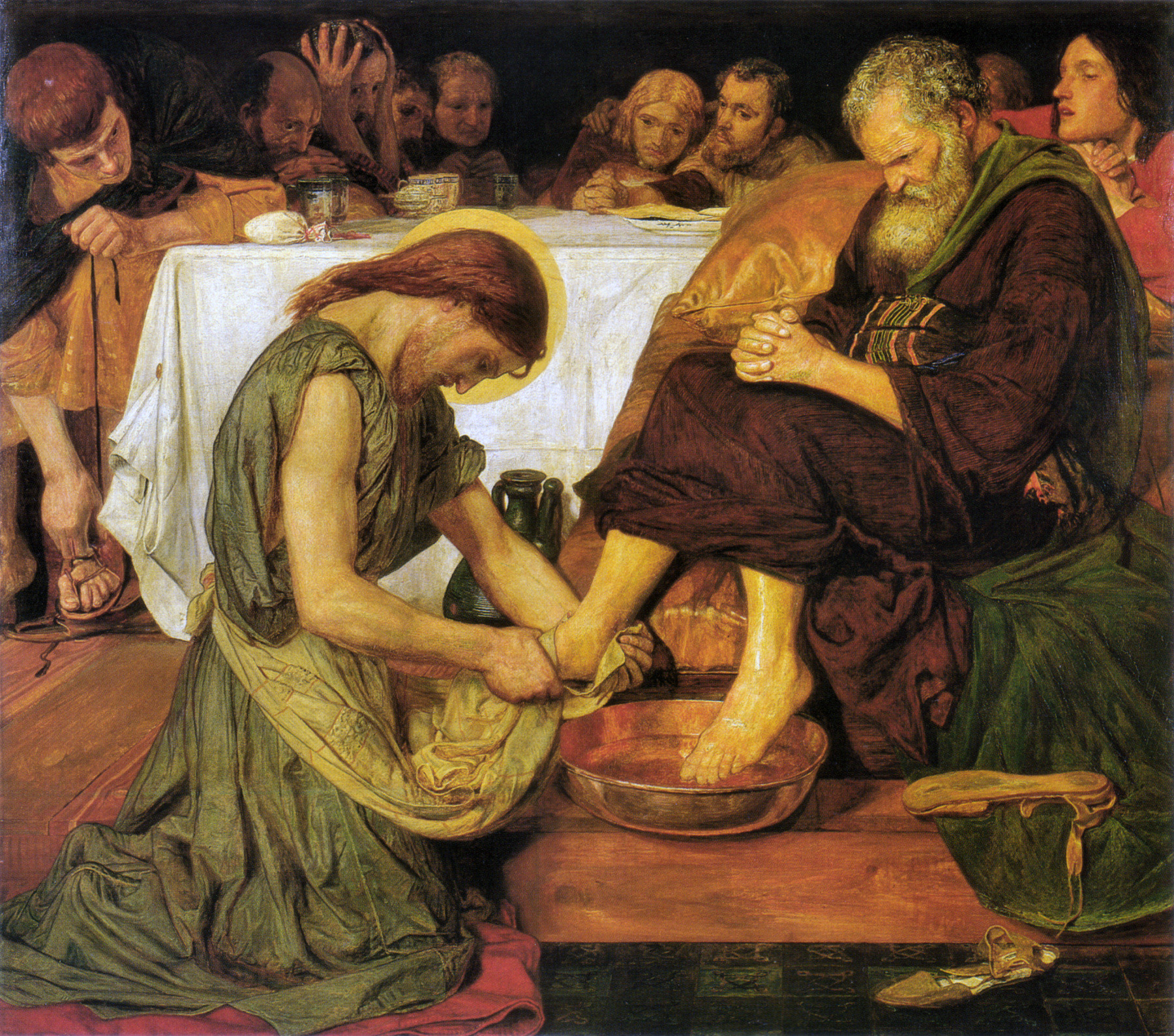-by Rev Gabriel of St Mary Magdalen, OCD, Divine Intimacy, Baronius Press, (c) 1964
Presence of God – O glorious St. Joseph, under your patronage, may my interior life grow and develop.
MEDITATION
Today the Church presents St. Joseph, the great Patriarch, to whose care God willed to entrust the most chosen portion of His flock, Mary, and Jesus. Because Joseph was selected by God to be the guardian of the family of Nazareth, the nucleus of the great Christian family, the Church recognizes in him the Guardian and Patron of all Christendom. Herein lies the significance of today’s Feast, which invites us to fix our attention on the mission entrusted to this great Saint in relation to Jesus and to the Church.
Aware of the great mystery of the Incarnation, Joseph’s whole life gravitated about that of the Incarnate Word: for Him, he endured worry, suffering, fatigue, labor. To Him, he consecrated all his solicitude, his energy, his resources, his time. He reserved nothing for himself, but completely oblivious of any personal needs, desires, or views, he devoted himself entirely to the interests and the needs of Jesus. Nothing existed for Joseph except Jesus and Mary, and he felt that his life on earth had no other raison d’être than his care of them. In this way he participated fully, as a humble, hidden collaborator, in the work of the Redemption; if he did not accompany Jesus in His apostolic life and to His death on the Cross–as Mary did–nevertheless, he worked for the same end as the Savior.
Having been the faithful guardian of the Holy Family, it is impossible that from the heights of heaven St. Joseph should not continue to protect the great Christian family, the universal Church, which, confident of his protection, and relying on his assistance, prays thus: “Sustained, O Lord, by the protection of the spouse of Your holy Mother, we beseech Your clemency … that by his merits and intercession You will guide us to eternal glory” (Roman Missal).
COLLOQUY
“O St. Joseph, happy are you to whom it was given not only to see and hear that God Whom so many desired to see and saw not, to hear and heard not, but even to carry Him in your arms, to embrace Him, to clothe Him, to watch over Him…. O St. Joseph, what others have only after death, you had while still living; like the blessed in heaven, you enjoyed God and lived close to Him. You clasped to your heart the Infant Jesus, you accompanied Him in the flight to Egypt, you sheltered Him under your roof” (Roman Breviary).
“Oh, how sweet were the kisses you received from Jesus! With what joy you heard the little one lisp the name of ‘father,’ and how delightful to feel His gentle embrace! With what love did He rest on your knees, when His little body was worn out with fatigue! Love without reserve brought you to Him as to a most dear Son whom the Holy Spirit had given you through the Virgin, your Spouse” (St. Bernardine of Siena).
“O glorious Saint, it is a thing which truly astonishes me, the great favors which God has bestowed on me and the perils from which He has freed me, both in body and in soul, through your intercession. To other saints the Lord seems to have given grace to succor us in some of our necessities, but you succor us in them all…. If anyone cannot find a master to teach him how to pray, let him take you as his master and he will not go astray” (St. Teresa of Jesus, Life, 6).
May the life of the whole Church, as well as the interior life of every Christian, grow and prosper under your patronage, O Joseph, I place my spiritual life under your protection. You, who lived so close to Jesus, bring me to intimacy with Him, so that, following your example, I may serve Him with a heart full of love.”
“Since God wanted to obey you [St. Joseph], allow me to be in your service, to honor you and love you as my Lord and Master.”
—St. Alphonsus Liguori
Love, & the powerful patronage of St Joseph be yours,
Matthew


